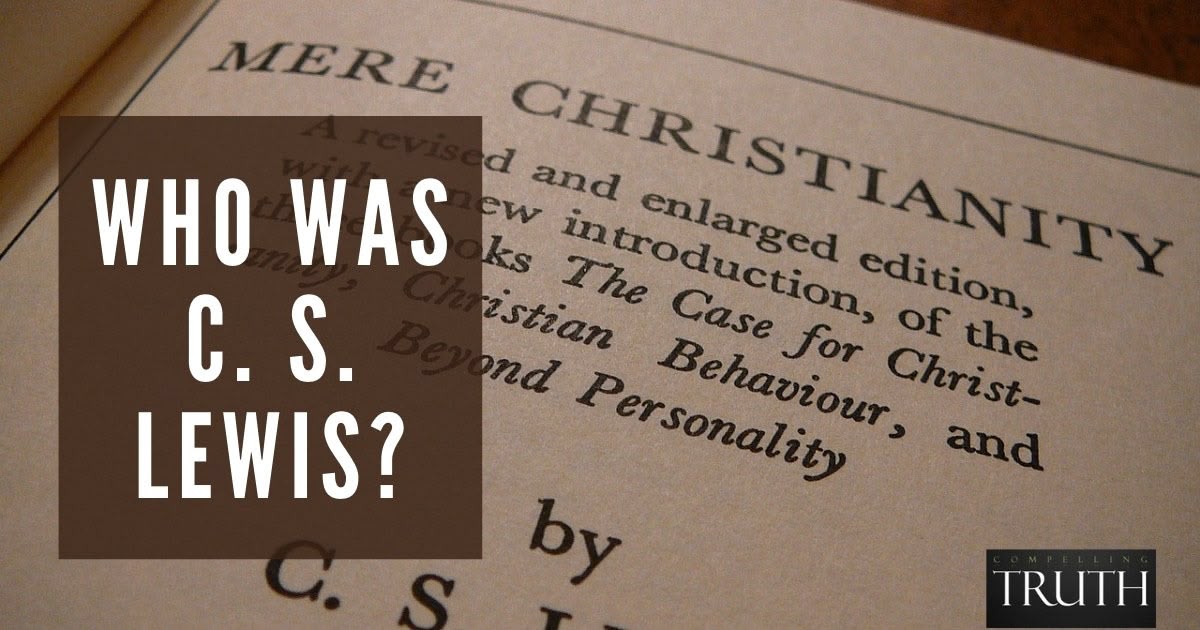Norman Geisler was a leading American Christian apologist, theologian, and professor known for defending the faith with intellectual rigor and clear communication. Several Bible passages seem particularly relevant to his life. The scope of Geisler’s work shows a passion for the Lord (Deuteronomy 6:5) and a commitment to Kingdom work (Proverbs 16:3; 1 Corinthians 10:31): Raised in a non-Christian home, he converted as a young man and dedicated his life to evangelism, academic teaching, and writing over 120 books. Geisler played a key role in shaping evangelical scholarship, founding important organizations and helping craft statements on biblical inerrancy and hermeneutics. In accordance with passages like 1 Peter 3:15, 2 Timothy 2:15, and Jude 1:3, he actively engaged skeptics through public debates and legal testimony, striving to make complex theology accessible to all believers. His legacy continues through his writings and influence on Christian apologetics worldwide.
Norman Geisler (1932—2019) was an American classical Christian apologist, philosopher, systematic theologian, professor, and author. He was considered one of the top Christian thinkers of his time.
Born in Warren, MI in 1932, Norman (Norm) Geisler was raised in a nondenominational church by non-believing parents who struggled with alcoholism. When he converted at the age of 18, he was passionate about sharing his new-found faith. Thus he began evangelizing on the streets, participating in jail services, and preaching at rescue missions. Almost immediately, Geisler encountered non-believers' skepticism and recognized the need for better answers to their objections.
Geisler began his academic work at Detroit Bible College and went on to earn two Bachelor's degrees, two Master's degrees, and a Doctorate from various institutions. He then moved into a teaching career, serving as the Chairman of Philosophy of Religion at Trinity Evangelical Divinity School (1970—1979) and later a Professor of Systematic Theology at Dallas Theological Seminary (1979—1988). Geisler was also on the faculty at Liberty University (1989—1991) and later taught at Southern Evangelical Seminary and Veritas International University. Overall, he taught theology, philosophy, and classical Christian apologetics on the undergraduate and graduate levels for more than fifty years. In this capacity, Geisler influenced apologists, such as Frank Turek, as well as countless American pastors.
Geisler was also a leader in the evangelical community. He founded the Evangelical Philosophical Society, was one of the primary authors of the 1978 Chicago Statement on Biblical Inerrancy, and was involved in the subsequent Chicago Statement on Biblical Hermeneutics. He was an expert witness in the 1981 Scopes II trial where he gave an eloquent defense of the Arkansas law requiring that evolution and creation be given "balanced treatment" in public schools. Unfortunately, due to societal pressures of that time, the law was struck down anyway. Between 1970 and 1990, Geisler participated in dozens of public debates defending the Christian faith. In 1992 he cofounded Southern Evangelical Seminary in North Carolina, and in 2008 he cofounded Veritas International University in California.
Geisler never lost his passion for sharing the gospel and for the need of ordinary people to be able to defend the faith. Thus, his writing is marked by a commitment to make the academic scholarly rigor of philosophy accessible to readers in all walks of life. He is the author, coauthor, or editor of over 120 titles. Many of Geisler's works are translated into more than a dozen languages. Those titles cover topics across philosophy, apologetics, biblical studies, social ethics, and theology.
Norman Geisler summed up his apologetic in these twelve points:
1) Truth about reality is knowable
2) The opposite of true is false
3) It is true that a theistic God exists
4) If God exists then miracles are possible
5) A miracle confirms a message from God
6) The New Testament is historically reliable
7) The New Testament says Jesus claimed to be God
8) Jesus' claim to be God was miraculously confirmed
9) Jesus is God
10) Whatever Jesus teaches is true
11) Jesus taught that the Bible is the Word of God
12) Therefore, the Bible is the Word of God
Norman Geisler's influence paved the way for the scholarly and rigorous classical Christian apologetics that we enjoy today. He lived out Peter's call to "always be ready to give a defense to everyone who asks" (1 Peter 3:15, NKJV). He died just short of the age of 87 on July 1, 2019 and left behind his wife of 64 years, Barbara Jean, six children, fifteen grandchildren, and seven great-grandchildren (at the time).
While Norman Geisler is missed by many, we are thankful for the work he accomplished in the field of Christian apologetics and his many writings that are still referenced today.
Quotes by Norman Geisler:
“One who claims to be a skeptic of one set of beliefs is actually a true believer in another set of beliefs.”
“God has provided enough evidence in this life to convince anyone willing to believe, yet he has also left some ambiguity so as not to compel the unwilling.”
“Augustine was right when he said that we love the truth when it enlightens us, but we hate it when it convicts us.”
“I found it (the word 'mercy') occurs 261 times in the Bible-and seventy-two percent of them are in the Old Testament. That's a three-to-one ratio. Then I studied the word 'love' and found it occurs 322 times in the Bible, about half in each testament. So you have the same emphasis on love in both.”
“Christians are not supposed to “just have faith.” Christians are commanded to know what they believe and why they believe it. They are commanded to give answers to those who ask (1 Peter 3:15), and to demolish arguments against the Christian faith (2 Cor. 10:4-5).”




